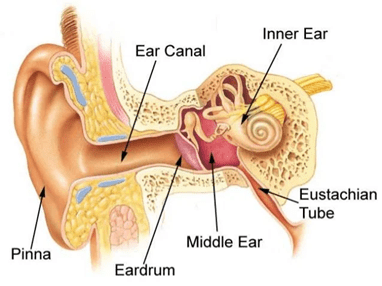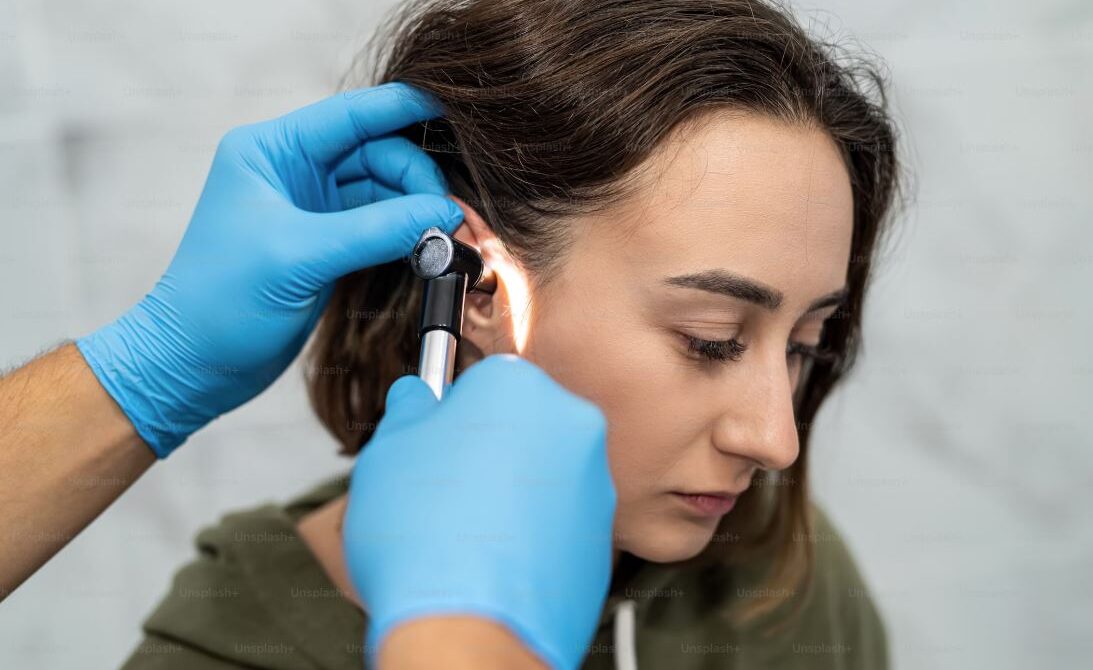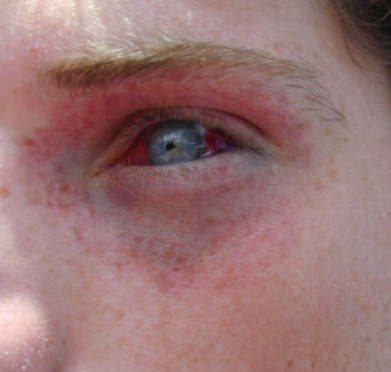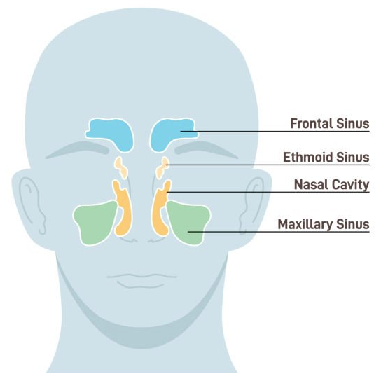EAR or SINUS PROBLEMS
Ear problems are fairly common amongst divers due to the wet environment and exposure to pressure changes.

Difficulty Equalising
The compartment behind your ear drum (the middle ear) contains air, this is connected to the back of your throat via a small canal called the Eustachian tube. When you dive and you descend in the water column the air in your middle ear is squeezed smaller which gives you the sensation of blocked ears. To allow more air to enter the middle ear via the eustachian tube divers may use equalisation techniques such as the Valsalva (holding your nose whilst blowing out your nose). This may be needed a few times during descent, and again during ascent when the vice versa occurs (air expands in volume and air needs to exit the middle ear).
When you are first learning to dive it can take some time to get used to these techniques, but it normally gets easier the more you dive. Unfortunately, some people have eustachian tube dysfunction which may make this process more difficult – there is no quick solution to this but descending at a slower rate may help.
🚩 If you find you cannot equalise your ears ascend a little and try again, if you are still unable to equalise it is best to end the dive to avoid injuries to your ears.
🚩 If you dive with congestion or a cold it will make it more difficult to equalise, therefore it is best to wait until you have recovered from your symptoms.
🚩 Decongestant nasal sprays can be used but there may wear off during the dive making it more difficult (and potentially dangerous) when trying to ascend at the end of the dive.


Barotrauma (Pressure Injury)
If you are unable to equalise properly during the dive the squeeze on the middle ear can cause damage and inflammation which can be very sore.
Your doctor will be able to see this as red bruising on the ear drum. If the pressure is too great, then the ear drum may perforate which will take some time to heal.
🚩 You should never try and forcefully clear your ears during a dive, this is because the ears are very sensitive to pressure, and a forceful Valsalva can damage some of the delicate parts of the middle and inner ear. This can result in difficulty with hearing and balance which may take a long time to repair and require a specialist ENT (ears, nose, throat) doctor.
🚩 Mild barotrauma will take a few days to heal however if you find you are experiencing severe pain, changes in your hearing/balance or discharge from the ear then you should consult a doctor (e.g. your GP) for an ear examination.
🚩 You must not dive with an ear perforation, as it can cause infection in the middle ear and prevent the ear drum from healing. See your GP to ensure that the perforation has healed.
Ear Infections
When water (especially seawater) gets into the ear canal it can cause irritation and infection. If you get water in your ears, it is good practice to rinse your ears with clean fresh water after the dive.
If you are doing multiple days of diving, try and keep your ears as dry as possible in between dives and avoid putting anything into your ears (such as cotton buds). If your ears are sore, avoid diving until the discomfort has resolved.
🚩 If you notice any discharge from the ear or severe pain, see a doctor for an ear examination as you may have an infection (Otitis Externa) that requires antibiotic ear drops. Wait until the infection has resolved before returning to diving.
Sinus Pain
You have several air spaces in the front of your face called sinuses. Similarly to the middle ear, descent during diving can cause the air in sinuses to squeeze smaller.
If there is difficulty equalising the sinuses due to congestion (or previous surgery) this can cause some discomfort – usually felt in between the eyebrows or across the cheeks. The inflammation may cause some bleeding of the lining of the sinuses which you may see in your mask at the end of the dive. This can be alarming, but the inflammation should resolve by itself. If you experience facial pain during descent, you can try ascending a little to see if it settles.
🚩 If the sinus pain does not settle do not continue with the dive. The pain will be distracting, and you will be at risk of a worse barotrauma injury.
🚩 If you have severe facial pain after a dive, or any change to the sensation/ movement in your eyes or face then seek immediate medical attention at your nearest A&E.
🚩 Decongestant nasal sprays can be used but there may wear off during the dive making it more difficult (and potentially dangerous) when trying to ascend at the end of the dive.


Divers with hearing impairment
If you have a longstanding hearing impairment and want to dive there is normally no reason why this is not possible. There is less of a requirement for good hearing underwater, but some divers use may alert others of danger (or something interesting) by tapping metal against their tank. You also may also have trouble hearing boat engines in the water, so it is important to look up as you ascend so you are aware of them. It is good practice to ensure that your buddy and/or instructors are aware of your hearing impairment in case of emergency.
As diving can affect the ears it is worth having a think about if you want to risk any further impact on your hearing if you did have a pressure injury. If you have a cochlear implant, it is important to discuss this with your ENT doctor and a diving doctor as you will need to understand the pressure (depth) to which the device is safe to use.